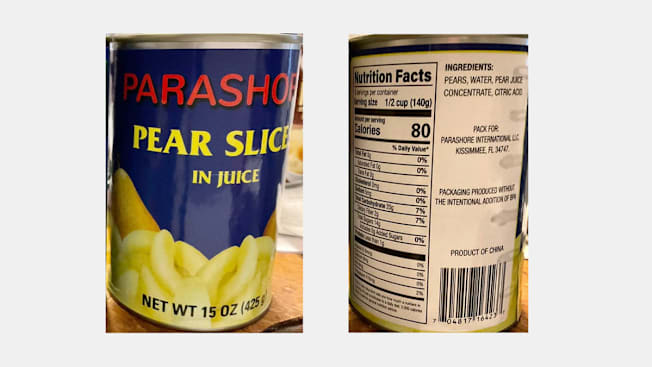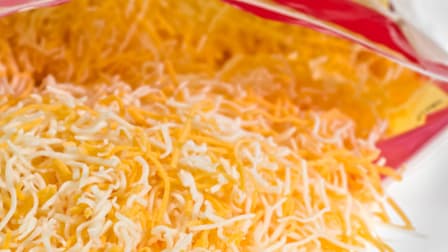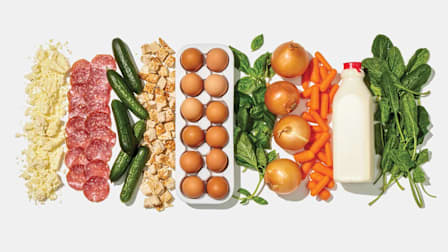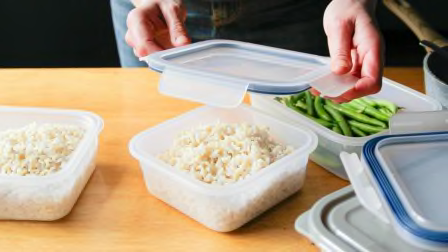The sliced pears came in 15-ounce cans and were sold at Grocery Outlet stores in California and elsewhere across the U.S., according to an announcement by the importer W.W. Industrial Group. Though only one lot of Parashore canned pears has been found to contain elevated levels of heavy metals so far, the recall applies to all lots due to the risk of contamination.
The lot that was tested—number 3700/01172 6122J, with a best-by date of Feb. 19, 2027—contained 155 parts per billion (ppb) of lead and 96 ppb of cadmium, McCallister said. “The levels in these pears are high,” says Eric Boring, PhD, a Consumer Reports scientist. “It might be okay if someone consumed only one serving, but it could be problematic if the pears were consumed regularly.”
For a point of reference, the FDA has set action levels (which are not mandatory but allow the agency to take steps when food exceeds those levels) for lead in baby and toddler foods at only 10 to 20 ppb. (There are no action levels for cadmium. The pears aren’t in the category of products subject to the lead action levels.) But the pears have much less lead than what was found in some applesauce pouches in 2023, which were linked to more than 60 cases of lead poisoning in children.
Lead and cadmium are toxic substances that accumulate in the body over time. Repeated exposure to these heavy metals, even at low levels, can be particularly risky for children and people who are pregnant because it can cause damage to the nervous system and brain, leading to learning disabilities and developmental delays, among other effects. It can also cause a broad range of adverse health effects in adults, including kidney damage and immune system suppression.
James E. Rogers, PhD, director of product and food safety research at CR, says that people who have consumed the recalled pears should check with their doctor to see if lead testing is recommended. If you have these pears, don’t eat them.
Parashore and W.W. Industrial Group did not immediately respond to requests for comment. A Grocery Outlet spokesperson said the company has instructed its stores to remove the pears from shelves nationwide: “We apologize to our customers for any inconvenience this has caused them and encourage them to bring purchased cans back to any Grocery Outlet location for a full refund.”
Consumers with questions about the recall can call W.W. Industrial Group at 516-676-9188, Monday through Friday, 10:00 a.m. to 4:00 p.m. ET.





















